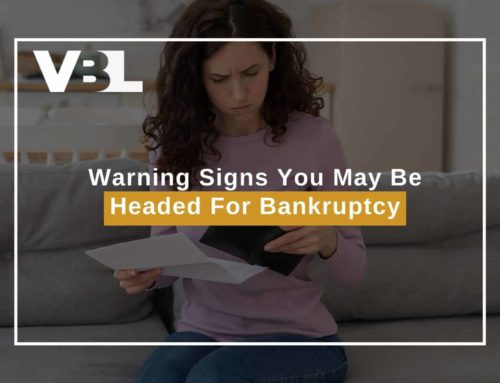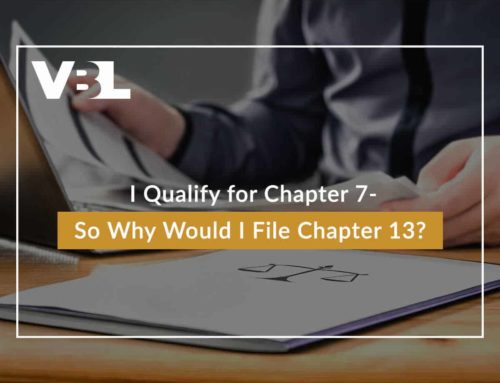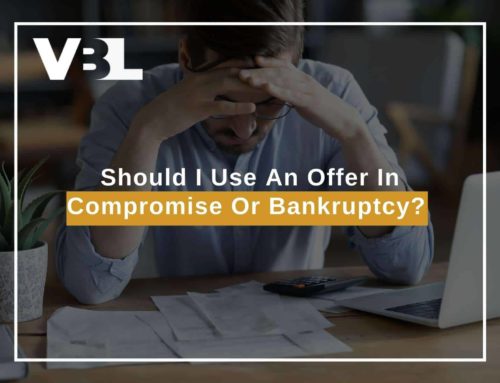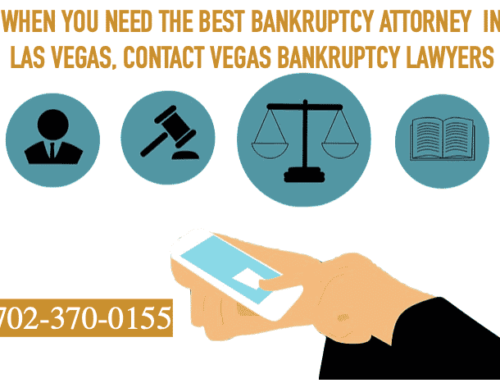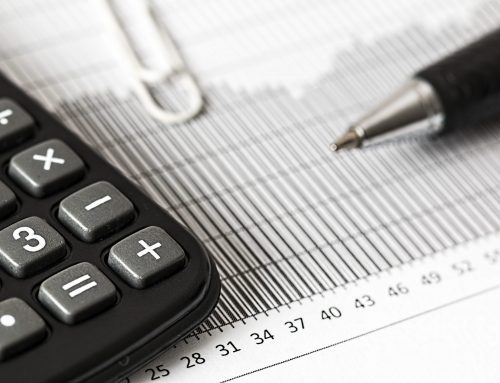Are My Assets Protected In a Nevada Chapter 7 Bankruptcy?
Understanding Bankruptcy Exemptions In A Chapter 7 Bankruptcy
When you declare Chapter 7 bankruptcy, you will need to apply bankruptcy exemptions to everything you own. Otherwise, the trustee is entitled to take non-exempt assets, sell them, and pay down your debts with the proceeds. Bankruptcy trustees even get to keep a portion of these sales for themselves. That’s why you should never assume that a trustee will ignore an asset of significant value in your Chapter 7 bankruptcy. If you are looking to file in Nevada, it’s important that you understand how our bankruptcy exemptions work so that all of your assets are properly protected. To discuss your situation more in-depth with our experienced Nevada bankruptcy lawyers, call or use our online form to schedule your free case evaluation.
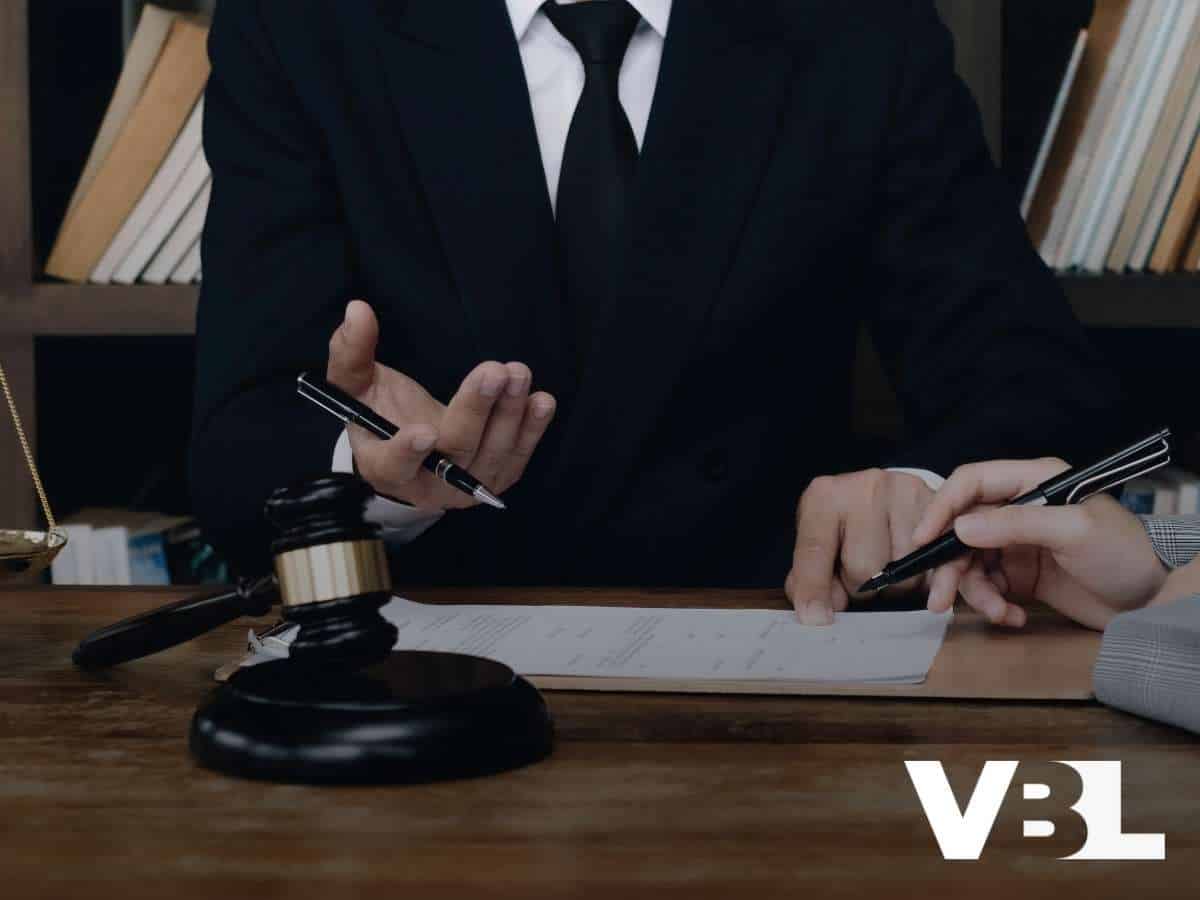
Nevada Exemption Requirements
First of all, you must meet some requirements before you can file bankruptcy in Nevada and use Nevada’s bankruptcy exemptions. States have their own bankruptcy residency requirements, which can vary widely. You must reside in Nevada for at least 180 days before you are eligible to declare bankruptcy here. But you must reside in Nevada for at least 730 days (2 years) before you are eligible to use Nevada’s bankruptcy exemptions. So if you have lived in Nevada for somewhere between 180 and 730 days, you will need to use the exemptions of the state you lived in previously. If you don’t meet that state’s residency requirements, you will need to use the state exemptions where you spent the most of the 180 days before the 2 years before your bankruptcy. Residency requirements can be complicated, and our bankruptcy lawyers are here to help. Contact our firm for your free case evaluation if you need assistance determining if you are eligible to file and use Nevada bankruptcy exemptions. You can find more information about Nevada’s bankruptcy exemptions here.
Nevada Bankruptcy Exemptions When Declaring Bankruptcy
Homestead Exemption In a Nevada Bankruptcy
You can use the homestead exemption to protect your house, mobile home, condo, etc. The Nevada homestead exemption is $605,000. This doesn’t mean how much market value your home has, but how much equity it can hold. For example, if your house is worth $700,000, you can still use the exemption if your home mortgage has a balance of $95,000 or more. Websites usually suffice for estimating your home’s value, but you may need to hire a professional appraiser or use another method if your equity is right on the border. You should also note that there is another requirement to qualify for Nevada’s homestead exemption. You must have owned the home for at least 1,215 days to use Nevada’s homestead exemption for a Chapter 7 bankruptcy. Otherwise, you will need to use the federal exemption of $189,050.
Nevada Motor Vehicle Exemption
While some consider owning a car a luxury, for others, it’s an absolute necessity in almost every aspect of their lives. Bankruptcy exemptions allow for a Chapter 7 debtor to keep a decent vehicle for work, school, errands, and more. In Nevada, the motor vehicle exemption is $15,000. Just like the homestead exemption, the motor vehicle exemption represents equity versus market value. So if your vehicle is worth $20,000, it will still be safe if your auto loan has a balance of $5,000 or more. There is no limit to the motor vehicle exemption if you have a disability and have specialized equipment in your vehicle.
Household Goods & Furnishings Exemption
While certain furniture and appliances around your home may have been expensive, they most likely don’t have a resale value anywhere near what you paid for them. The Nevada household goods and furnishings exemption- which can be used on furniture, appliances, electronics, clothing, yard equipment, and household goods- is $12,000.
Private Library, Art, Musical Instruments & Jewelry Exemption
Some states may have specific individual exemptions for these types of assets, but Nevada lumps them all together into one exemption category. The exemption for this group in Nevada is $5,000. Keep in mind that some possessions in this category may also be eligible for use under the Tools of the Trade exemption.
Tools Of The Trade Exemption
The exemption for this category depends on the type of asset in question. For example, up to $4,500 of farming trucks and equipment are protected under this exemption. The same amount of mining equipment is protected in Nevada as well. Other professional equipment, inventory, and a professional library are protected up to $10,000 with this exemption. Any arms and uniforms you are required to keep for your job are protected with no limit.
Retirement Savings
Thankfully, if you declare Chapter 7 bankruptcy in Nevada, your retirement savings should be protected for the most part. The exemption protects ERISA-qualified savings plans and stock bonus plans up to $1,000,000. Public employees’ pensions are protected with no limit.
Public Benefits
The bankruptcy courts have no interest in taking away government benefits that help you maintain a basic standard of living. Several types of public benefits are protected under Nevada’s public benefits exemption. These include Social Security benefits, worker’s compensation, unemployment, vocational rehabilitation benefits, children’s public assistance, and aid to the blind, aged, and disabled.
Personal Injury Award Exemption
If you have been injured in an accident, you may be waiting to receive compensation for your damages either through a settlement agreement or a trial. Many states don’t protect these awards, but thankfully, Nevada is not among them. Up to $16,150 of your personal injury award can be protected in a Nevada Chapter 7 bankruptcy.
Nevada Wildcard Bankruptcy Exemption
One of the reasons it can be so beneficial to use Nevada’s bankruptcy exemptions is that Nevada offers a wildcard exemption of $10,000. Many states don’t have this benefit available for Chapter 7 bankruptcy debtors. A wildcard exemption can be used on any asset that you wish. The only exception is that the wildcard exemption can’t be used on real estate.
Get The Results You Want Out Of Your Bankruptcy With Our Experienced Nevada Law Firm
Failing to apply the exemptions to all of your property correctly can have disastrous results. The trustee may take your assets away, and in extreme scenarios, you could even be charged with bankruptcy fraud. Applying exemptions to everything you own is just one component of declaring Chapter 7 bankruptcy in Nevada. Dealing with all of the issues specific to your bankruptcy can be tiresome and confusing without adequate legal guidance. Don’t put your family’s financial future at risk with your bankruptcy filing. Let the professionals make sure that your Chapter 7 bankruptcy is done right.

Las Vegas Bankruptcy Lawyers
LAS VEGAS
7251 W Lake Mead BLVD #300
Las Vegas, NV89128
Office: 702-879-2499
Email: [email protected]
HENDERSON
1489 W Warm Springs Rd. Ste 110
Henderson, NV 89014
Email: [email protected]
Additional Information at:
Phoenix Bankruptcy Lawyer
Phoenix DUI Lawyer
Chandler Bankruptcy Lawyer
Vegas Zero Down Bankruptcy Attorney
Gilbert Bankruptcy Lawyers
Arizona Zero Down DUI
AZ Bankruptcy Lawyer





